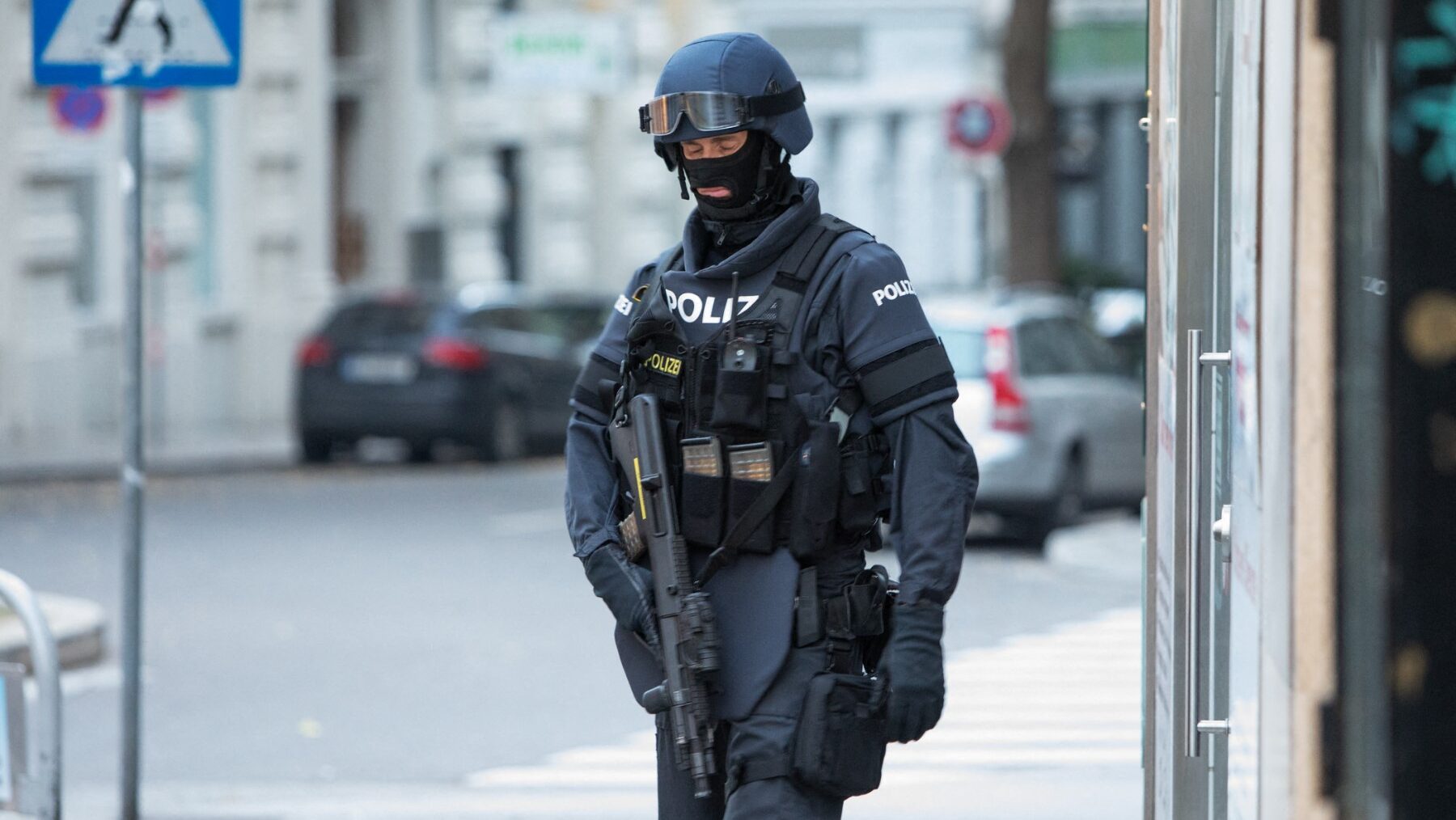Austria witnessed a record surge in knife-related crime in 2024, with official statistics revealing the highest number of incidents in at least a decade.
According to figures, there were 2,596 reported cases of stabbings or knife threats across the country last year, marking a sharp rise from previous years and fuelling concerns about public safety.
The Austrian capital has emerged as the centre of the crisis. Social democrat-controlled Vienna alone accounted for 1,121 of the incidents, making it by far the most dangerous region for knife attacks.
In stark contrast, the lowest figures were recorded in Burgenland, where just 44 such crimes were reported, followed by Carinthia with 90 cases.
Police data show that knife crime had been declining steadily up until 2020, when only 822 offences involving stabbing weapons were recorded nationwide.
But since then, the numbers have risen year on year. By 2024, the tally had not only returned to the 2015 level of 1,061 cases—it had more than doubled that figure.
Recent incidents in Vienna highlight the severity of the problem.
A few days ago, a 37-year-old man was left with life-threatening injuries after being stabbed in the stomach while attempting to break up a brawl near the Westbahnhof underground station. The suspected attacker, a 14-year-old boy, was later arrested and placed in a juvenile detention centre.
In another case, at least eight people, most of them Syrian nationals, were involved in a violent fight in Yppenplatz, a designated weapons ban zone. One participant was stabbed in the arm, while another sustained other injuries before both were rushed to hospital.
Attacks have also occurred in broad daylight. Earlier this month, a man suffered a serious chest wound outside a kebab shop in Vienna’s Favoriten district. The victim was hospitalised with a lung injury.
Official prison statistics point to another uncomfortable reality: more than half of Austria’s prison population consists of foreign nationals, despite immigrants making up only about one-fifth of the overall population.
This disproportion raises questions about the effectiveness of Austria’s immigration and integration policies.
MP Gernot Darmann of the right-wing opposition FPÖ party recently said of these knife crime incidents that they are
the bloody consequence of an irresponsible policy of open borders. Instead of seeking protection, asylum seekers in many cases bring violence and crime with them, while the mainstream parties fantasise about successful integration and waste taxpayers’ money with sinfully expensive programmes.
